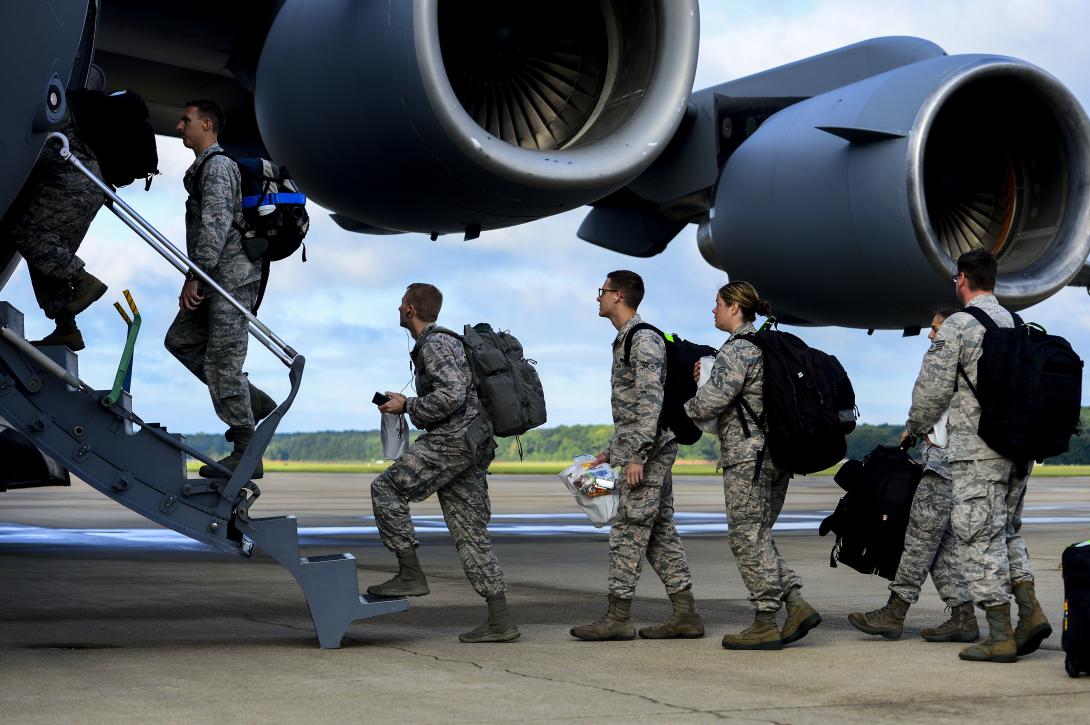Experts Seek Advice to Protect Aid Workers from Ebola Epidemic
A Defense Department-backed research effort seeks emergency expert input and advice on ways to help combat the Ebola epidemic. Sharing to Accelerate Research-Transformative Innovation for Development and Emergency Support, better known as STAR-TIDES, seeks input on methods that can help health care workers better protect themselves while providing better care to patients infected with the deadly virus.
For example, can experts improve the comfort, while maintaining safety, of protective suits worn by personnel treating patients infected with the deadly virus? How might experts better protect health care workers from heat exhaustion? How can they create a safer clinical environment, from better infection control and waste disposal?
Anyone with suggestions is asked to complete an online form or send emails to a.b.locke.vol@ndu.edu or linwells@gmail.com. Note, the deadline for submissions is October 8. Ideas also will be collected from personnel attending the eighth annual TIDES Technology Demonstration at National Defense University at Fort McNair, New Jersey, where more than 70 civilian groups and businesses will set up with no water, no power and no shelter to test ideas and tools to help nations overcome post-disaster, post-conflict or in extreme poverty situations.
Additionally, USAID announced Tuesday a grand challenge for “pioneering ideas that deliver practical and cost-effective innovations in a matter of months,” to address the crisis, according to a website designated for the initiative.
USAID partnered with the White House Office of Science and Technology Policy, the Centers for Disease Control and Prevention, and the Defense Department. The effort aims to crowdsource and incubate innovative ideas that could lead to better methods of caring for patients and stemming the spread of the virus. Participants are encouraged to engage online and share ideas.
STAR-TIDES experts shared information and resources with Texas State University and Intelink. A Liberian man was diagnosed in late September in Texas, the first case diagnosed in the United States. He traveled to Dallas after coming in contact with Ebola while in Liberia.
The Ebola virus causes an acute, serious illness that is often fatal if untreated. The current outbreak in West Africa is the largest and most complex outbreak since the virus was first discovered in 1976. There have been 6,870 deaths among the roughly 15,000 people, almost all in West Africa, that have been diagnosed with the virus. It can be spread through human-to-human transmission via direct contact with human fluids.
STAR-TIDES, which falls under the Defense Department, is about knowledge sharing and research, and focuses on education in humanitarian assistance, disaster relief and stabilization and reconstruction projects around the world. Organizers, for example, do not build water treatment facilities alone, but instead teach partner nations how to construct, maintain and flourish from one. The organization focuses on the areas of water, power, shelter, integrated combustion and solar cooking, cooling/heating, lighting, sanitation and information and communications.





Comments